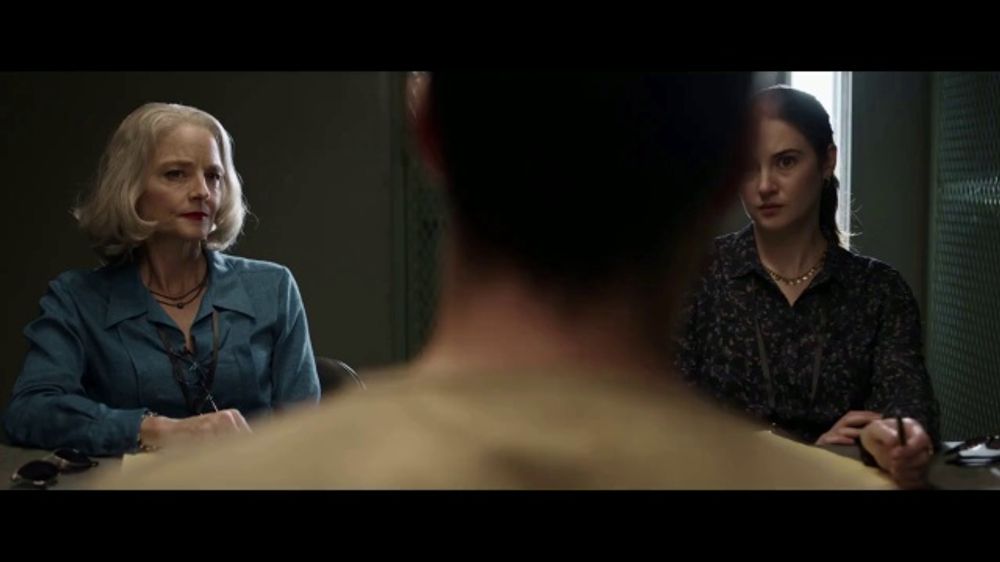Nyad
by George Wolf
Numerous biopics have shown us numerous ways to illustrate a life through formula and cliche. Nyad smartly maneuvers around most of those by anchoring a tale of persistence and achievement with a warm and intimate friendship.
The achievement is Diana Nyad’s quest to become the first to swim the 110 miles from Cuba to Key West. She tried – and failed – at the age of 28, then took a few years off. Well, more than a few.
Crediting a “soul ignited by passion,” Nyad (Annette Bening) returned to her dream at the age of 61. And her best friend Bonnie Stoll (Jodie Foster) was there to train her, push her, and sometimes protect her from herself.
Oscar-winning documentarians Jimmy Chin and Elizabeth Chai Vasarhelyi (Free Solo, The Rescue) are right at home with a true story of personal struggle, but together with screenwriter Julia Cox and the two veteran leads, carve out an entertaining and satisfying narrative.
Nyad is proud, motivated, and shamelessly self-absorbed (“It’s not that I don’t know I’m this way!”), while Bonnie is pragmatic, patient and heroically loyal. They make a fascinating and sometimes frustrating pair, and of course, Bening and Foster bring them both to life with a brilliant, lived-in authenticity.
And rather than a generic, chronological rehashing of Nyad’s life, indelible moments are seen in flashback, often at the most organic times. The long, solitary hours in the water meant Nyad’s mind would search for motivation, even if it was painful.
Chin and Vasarhelyi are not shy about weaving in some actual archival footage. And while that helps accentuate both the difficulty of Nyad’s quest and her love of self-promotion, it also adds to the list of story elements being juggled.
But with Bening and Foster setting the gravitation center, this ship never strays too far off course, and Nyad comes ashore as a worthwhile endeavor.






